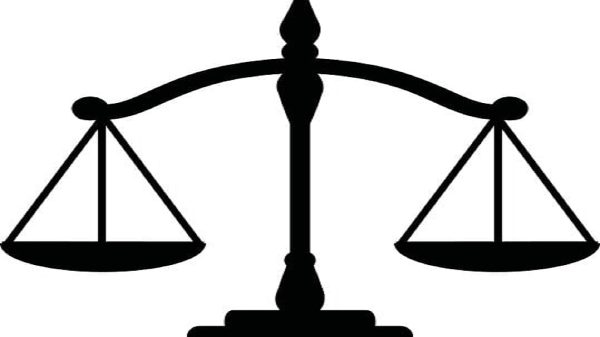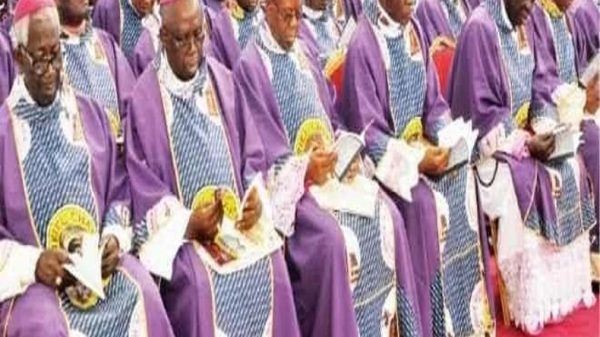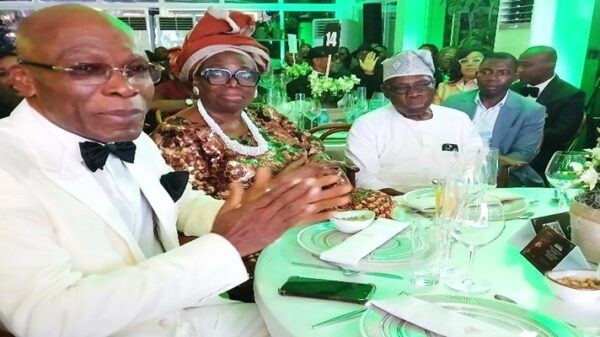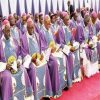The Federal Government of Nigeria on Thursday told the Federal High Court in Lagos that it has not stopped Nigerians from using the microblogging platform, Twitter.
The Attorney-General of the Federation, Abubakar Malami, on behalf of the Federal Government (FG) made this claim in a counter-affidavit they submitted in response to an originating motion filed by human rights lawyer, Inibehe Effiong.
Newsonspot.com ng recalls the Federal Government (FG) had on June 4, 2021, suspended the social media platform barely two days after Twitter deleted a tweet by President Buhari.
However, many Nigerians have bypassed the Twitter suspension by using Virtual Private Networks.
Effiong had filed a case against the Minister of Information and Culture, Lai Mohammed, Malami, and the Federal Government for suspending the social media platform.
In the fundamental human rights suit marked FHC/L/CS/542/2021, Effiong is seeking nine reliefs, including an order of perpetual injunction restraining the respondents from further suspending, deactivating or banning the operation and accessibility of Twitter or any other social media service in Nigeria because the act violated his rights.
Effiong asked the court to declare as illegal the threat of criminal prosecution by Malami and Lai Mohammed against Nigerians who ‘violate’ the suspension or ban of Twitter, despite the absence of any written law.
In an affidavit deposed to by Mr Ilop Lawrence on behalf of the Federal Government and the AGF, it was stated that the suspension of Twitter was not an abuse of human rights because Nigerians were still using Twitter despite the suspension.
It read in part, “The applicant (Effiong) and the class he seeks to represent can still operate those Twitter accounts from anywhere in the world and even from Nigeria. Nigerians are still tweeting, even at this moment as the ban on Twitter is not aimed at intimidating Nigerians or an infringement on the rights of Nigerians to express their opinion.
“The respondents (FG and AGF) have never stopped the applicant (Effiong) and the class of persons he seeks to represent from voicing their opinions to access government information and offer criticism where necessary.”
![]()




























































